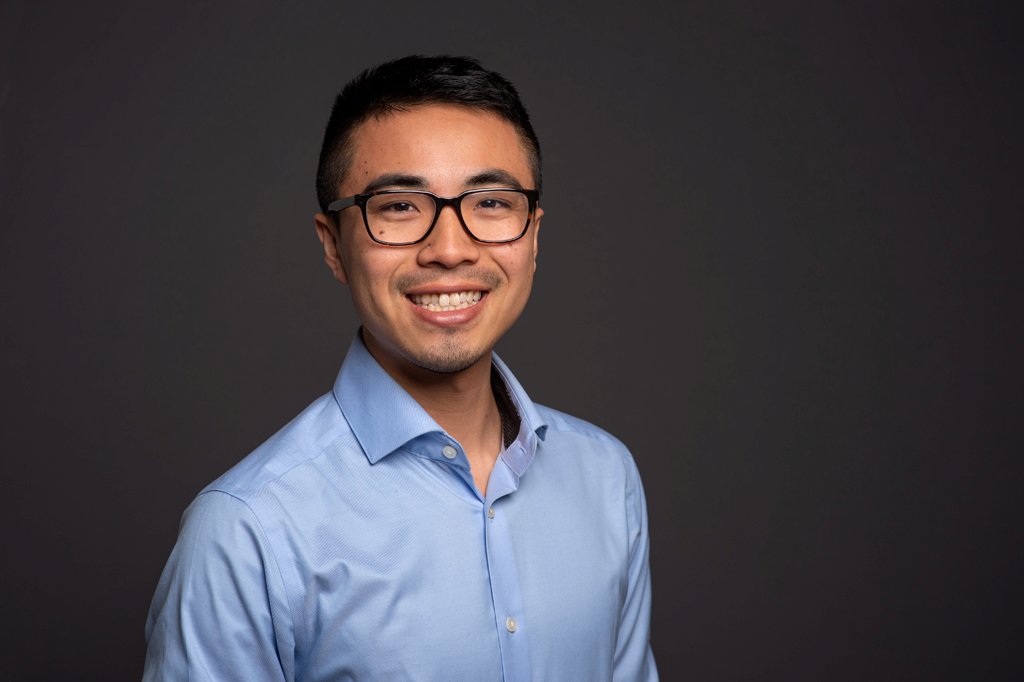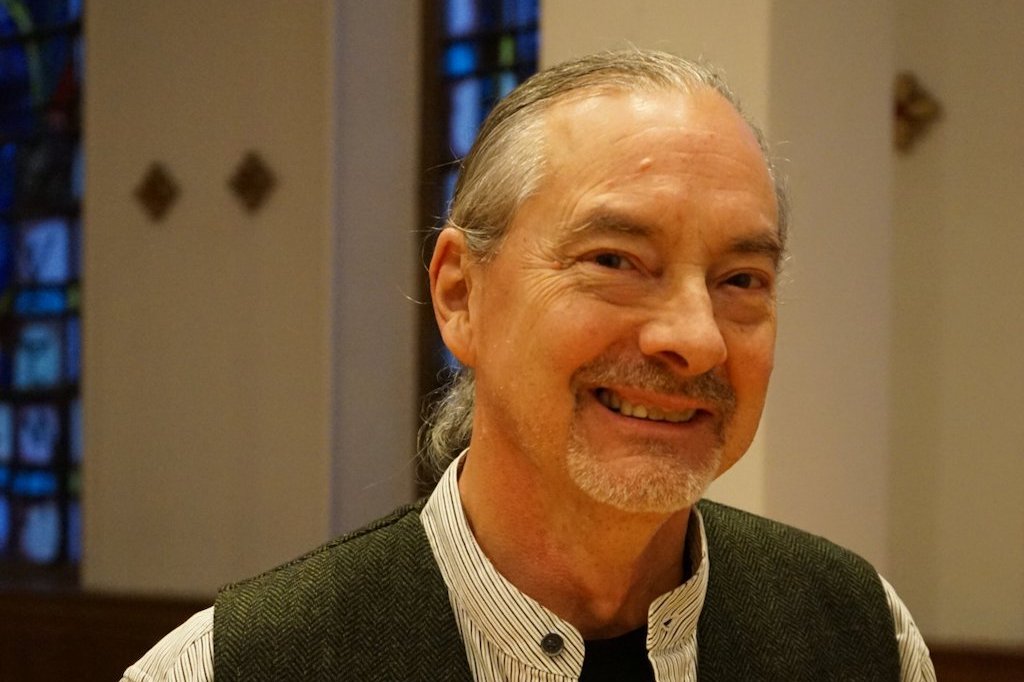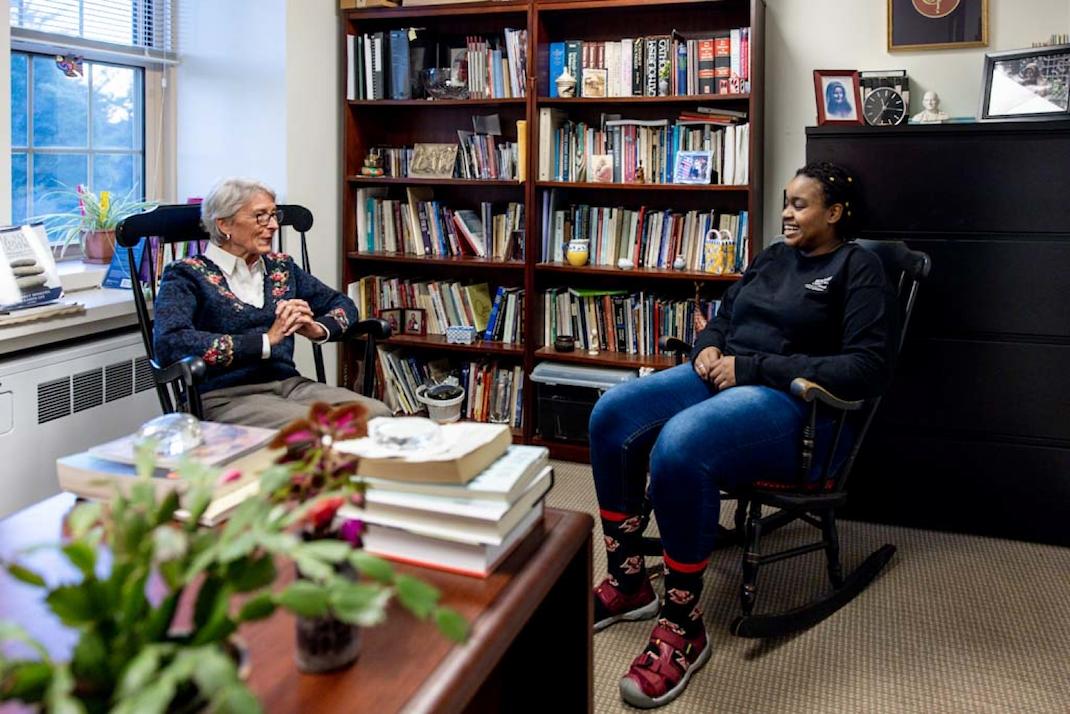What were your undergraduate major & institution?
Boston College. Major: Theology, Minor: Leadership in Higher Education
What were you doing immediately before coming to CSTM?
I spent 4 years in tech sales at Dell Technologies and then at VMware prior to coming to CSTM.
When did you first realize you wanted to pursue graduate studies in theology? How did you know?
As a senior in college, I had originally planned to pursue my MDiv. I had actually begun an application to CSTM. However, people in my life encouraged me to try something else as I had never had a corporate internship, job, or courses. I could always return to school but they wanted to ensure I had really considered all paths before pursuing my MDiv, that I didn't just love going on retreats but genuinely wanted to pursue this as a career. This ultimately was good advice as my years in the corporate space not only gave me valuable skills that I use and will continue to use in my ministerial and theological work but also gave me the time to discern returning to school with greater confidence.
“ My time at CSTM has affirmed one of my most long standing academic interests which revolves around questions of gender, sexuality, and embodiment in the Catholic space. ”
What people, experiences, courses, etc. informed this call?
The decision to come back happened really over the course of two years. I knew I felt the urge to return yet sought out "extracurriculars" to see if I could stay in my corporate job and fill this desire or call in other ways. So I started working for a nonprofit on the side, got involved in my church, and directed retreats. Yet each thing I did only made this call more urgent rather than lessening it which was a clear sign for me. I participated in the 19th Annotation during that last year of discernment and this process was the final piece of the puzzle that brought clarity to the call. I could no longer deny that this was where I was being pulled.
Were there any roadblocks in your discernment process? How did you navigate them?
Many roadblocks! Fear and desire to stay in a "secure" and "successful" corporate job was perhaps the biggest. I was doing well in sales, "climbing the ladder," and had a bright future ahead in the corporate space. I received lots of praise and encouragement to stay by people I worked with and people in my life. Returning to school also brought about a number of risks and consequences in my personal and relational life. It was an incredibly difficult decision but the 19th Annotation helped me quiet the distractions, the fear, and voices that were not of God and listen to my gut. It was from a place of Ignatian freedom that I was able to apply to CSTM with confidence and clarity.
Why did you choose CSTM for your theological studies?
After much discernment, CSTM is the only place I applied to. For a few reasons: 1. Ignatian Spirituality is a core part of my faith life and I deeply believe in the Jesuit model of education. 2. I really valued CSTM's commitment to formation within and beyond the classroom as I see my time at CSTM not solely about my academic formation but also my formation as an individual, a minister, a leader. 3. As opposed to other institutions I considered, I appreciate that this is a place where folks approach their work with both an academic lens and a spiritual lens. Faith is part and parcel of the air we breathe at CSTM as opposed to a school that takes a more "religious studies" approach. 4. The Boston Theological Institute (BTI) was very attractive to me. It allows me to find my home at CSTM yet still take courses in a diverse, interfaith setting. I am taking a Harvard Divinity School class right now that is powerfully complementing my CSTM courses.
In what ways do you see yourself using your degree?
I chose the MDiv degree because I came into CSTM completely open to all potential ministerial and theological paths post-grad. I have sought in my first year to try out multiple ministerial roles: I have directed retreats, participated in prison ministry, and was a hospital chaplain this summer. However, my time at CSTM has affirmed one of my most long standing academic interests which revolves around questions of gender, sexuality, and embodiment in the Catholic space. I currently plan to apply to doctoral programs next year and pursue this interest.





